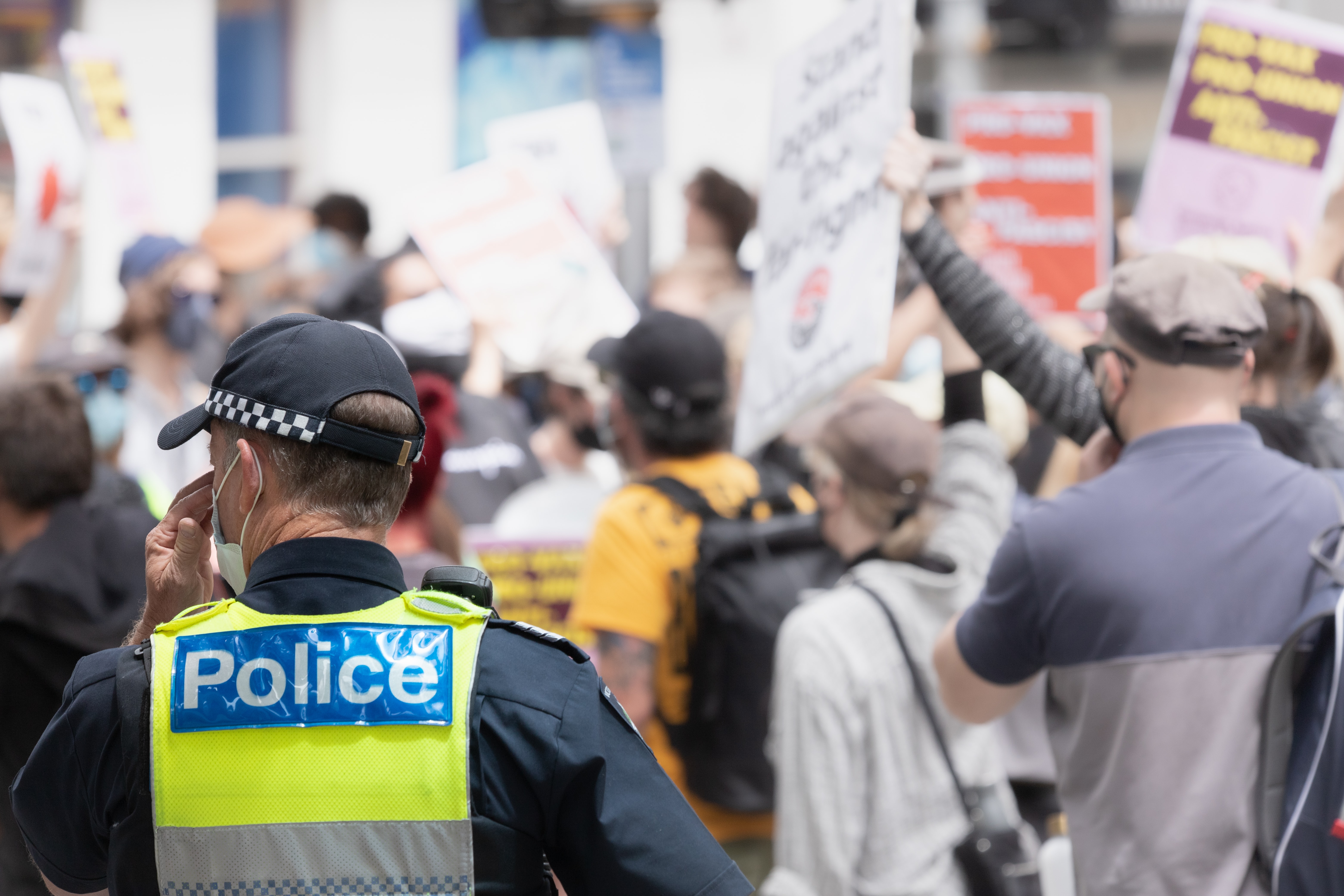Police Scotland will not investigate every crime

Police Scotland will no longer investigate every low level crime after the success of a pilot scheme.
A report says the new approach to certain reported offences where there is no CCTV or witnesses should be rolled across Scotland.
It follows the success of a 12-week trial in the north east which allowed officers to focus on other priorities.
The trial freed up 2,657 police officer hours, the Proportionate Response to Crime report said.
During the pilot, 5% of crime reports in A Division (Aberdeen, Aberdeenshire and Moray) were recorded and filed for no further inquiry following an assessment of threat, harm, risk, vulnerability and available evidence.
Some crimes will not be investigated in Scotland
Every theft must be investigated, police told
A decade of Police Scotland – fewer officers, more work
The report said it meant that in cases where there were no investigative opportunities, such as CCTV or witnesses, callers were informed about the progress of their report quicker, rather than waiting days for officers to make contact and inform them of the same outcome.
However, if circumstances suggested any vulnerability, police officers would still attend and the new process was not applied.
Examples of where the new process was used include:
A report of damage to a car bumper in a car park where there was no CCTV and no note left.
A caller who returned home after four weeks away to find two ornaments missing from her front garden, with no CCTV and witnesses.
A caller who left their bag unattended in a park, and realised their phone was missing when they got home. The report was reopened when the caller advised the phone’s location was showing, and the device was subsequently recovered.
During the pilot public satisfaction rates improved and more people who contacted the police also said they got an appropriate response, the report said.
Previously, 72% cent of A Division officers said that they would regularly be allocated crime reports where no proportionate lines of inquiry existed.
At the end of the trial, 68% the officers noticed a positive difference to their workload and 56% felt they had more time to investigate crime reports which had proportionate lines of inquiry.
Assistant Chief Constable Emma Bond said the new process was not a policy of non-investigation.
“We are committed to investigating crime,” she said.
She added that taking a proportionate response to crime was not a new concept but there had never been a national process or standard across Scotland.
“Every crime report is subject of individual assessment of threat, harm, risk, vulnerability and for proportionate lines of investigation and evidence, and that won’t change,” she said.
“If there are no lines of inquiry that can be pursued, then we should be clear about that with the person who has contacted us.
She said the approach would give officers “more time to focus on local policing, keeping people safe from harm, protecting the vulnerable, bringing criminals to justice, solving problems, and reducing offending”.
She urged the public to continue reporting crimes to the police as all reports are recorded and kept under review. They also help to build up intelligence so the police can proactively respond to local concerns.
‘Dangerous scheme’
David Threadgold from the Police Federation told BBC Scotland News: “This is a response from the police driven by finances to try and deal with the ever increasing demand placed upon police resources.
“We simply cannot service that demand without changing the process we have.”
He added that there would still be an assessment of the information provided to the police and an investigation would be carried out if it was deemed necessary.
Scottish Conservatives’ justice spokesman Russell Findlay said: “The rollout of this dangerous scheme formalises the SNP’s surrender to criminals as official policing policy. That is not what hard-working officers signed up for.
“Savage SNP cuts and their weak justice agenda already means that officer numbers are at their lowest since 2008 and most crimes are not even reported.
“Doing nothing in response to thousands of crimes betrays law-abiding Scots. This is a good day for criminals and can only result in even more crime on our streets.”
Scottish Labour’s Pauline McNeill said: “Thousands of crimes are now set to be given a free pass because policing is so dangerously overstretched – it is utterly scandalous that things have reached this point.”
Justice Secretary Angela Constance said the decision to roll out the pilot was a matter for Police Scotland
“Police Scotland have consistently stated that officers in the north-east will continue to investigate all reported crimes, with every case fully assessed and given a proportionate response based on threat, harm and risk,” she said.
“Building and maintaining public confidence remains key to any change in approach.”
Source: (BBC News)

